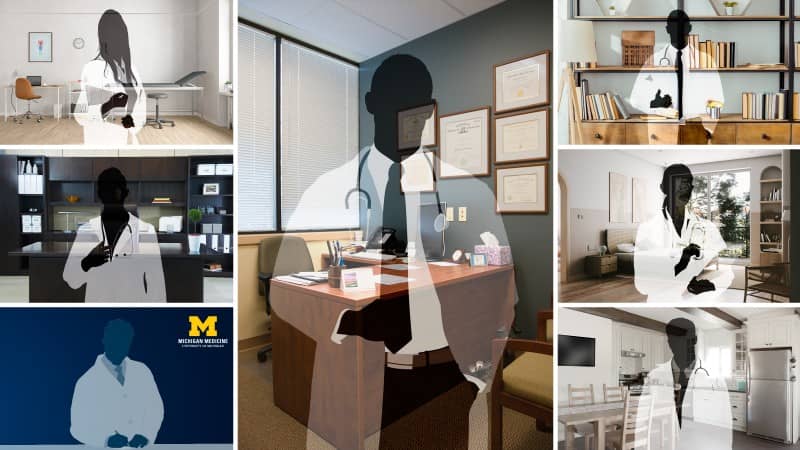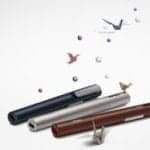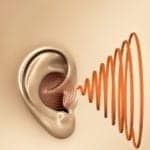Study: One in Eight Teens Shows Signs of Hearing Damage by 18
A major longitudinal study of more than 3,300 teens finds that by age 18, one in eight adolescents shows signs of probable noise-induced hearing damage and over 6% have sensorineural hearing loss.














